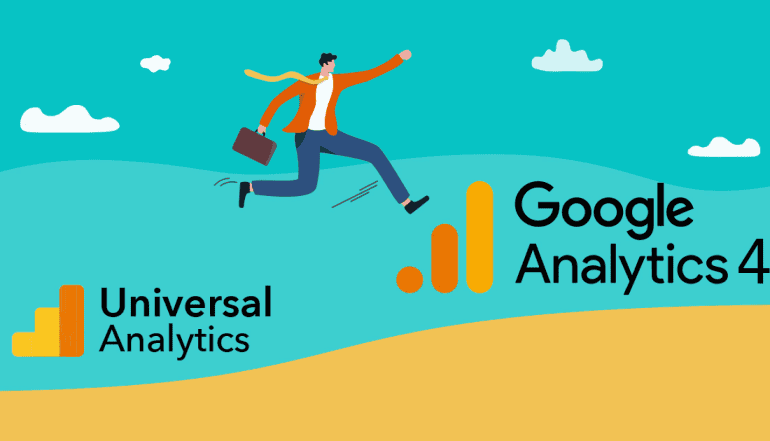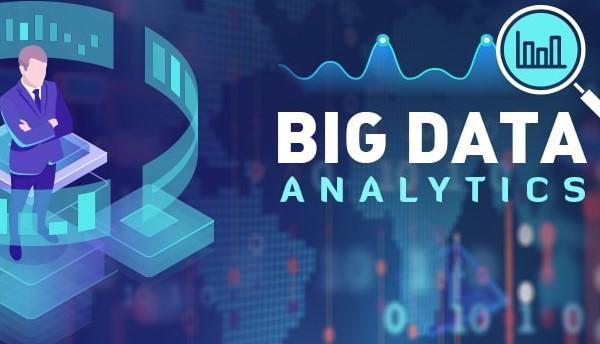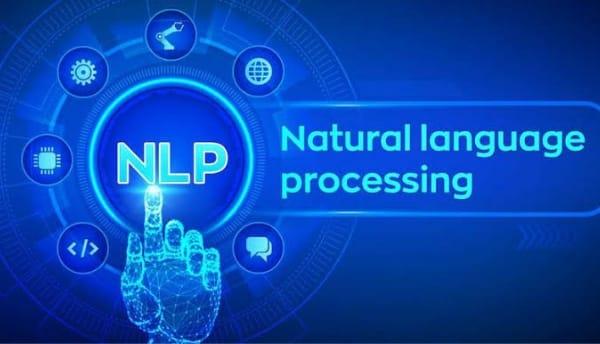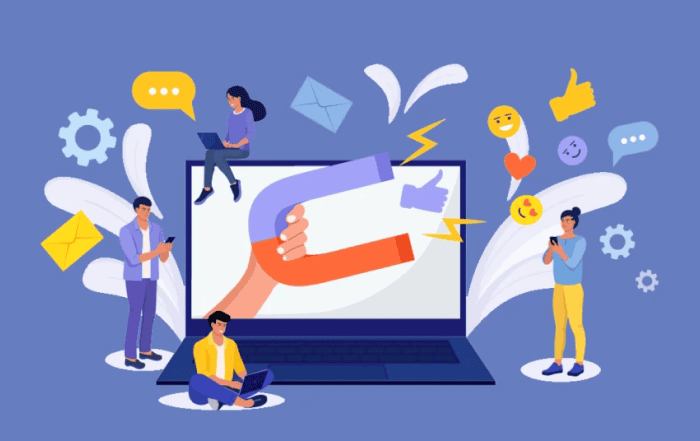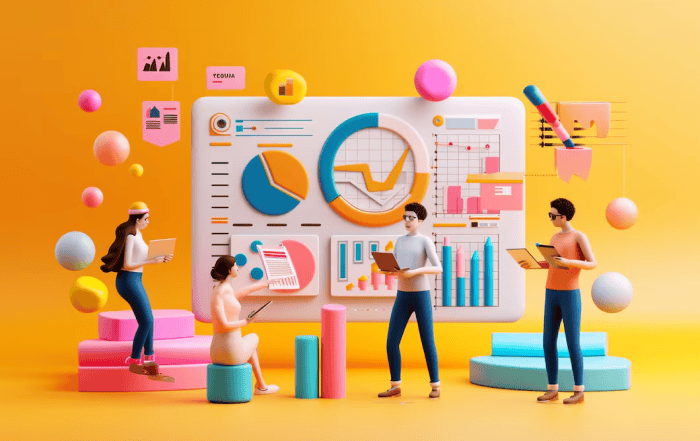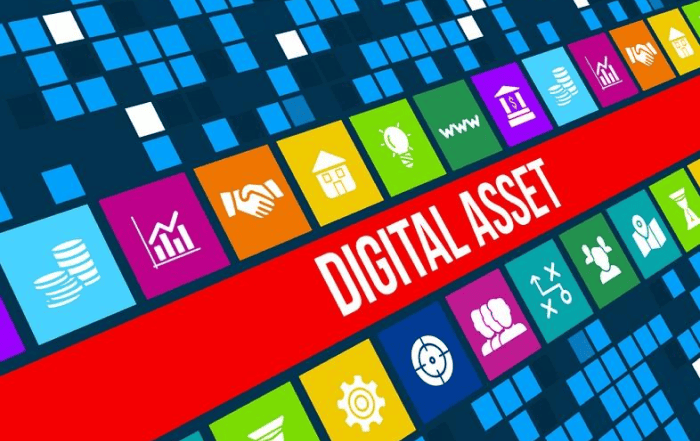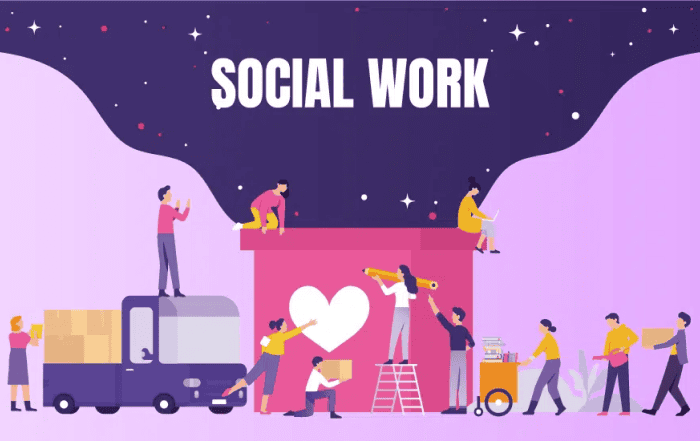
Education, as we see, is about transmitting knowledge of ‘what happened and how’ to solve problems of the future by applying the old logic and doctrines to the present situation. So the responsibility of the educator is to transmit this past information. Educational institutions also group students according to their age and standardize the materials, the way they teach and test them. But in today’s world where personalization is the key to everything, aren’t we modelling our schools after factories generating something in batches? AI can change this scenario by crafting customized bite-sized and personalized curriculum, teaching and testing methods for students.
How can personalized learning be brought about?
- Individualized learning – Each individual‘s learning style and pace differs and individualized learning involves modifying the pace, method in response to individual student’s ability and provide a one-on-one setting between the tutor and the student. In a real classroom scenario, with too little time slot for a one-to-one setting and simple too many variables, individualized learning is difficult. AI can be made to gauge an individual student’s learning style and deliver customized tutoring lessons. AI systems can easily adapt to individual learning needs and provide more meaningful learning experience at a comfortable pace for them. With cognitive systems, it will become easier to prevent road blocks to an individual student’s learning.
- Differentiated learning – This involves understanding what an individual student already knows and modifying what they need to learn by changing the content, process, products or environment. AI systems can help identify individual student’s strengths, weaknesses and identify core competencies to match the required skills and foster it. It can also be used to improve training programs. AI can help identify the gaps in the curriculum/tutoring based on student performances on assessments. If a higher percentage of students couldn’t answer a question correctly, AI can help identify the specific information or missing content so educators can devise targeted improvements in material or methods.
- Competence based learning – Individual students advance through an exclusive learning pathway based on their ability to demonstrate competency such as knowledge and application, etc. If a student fails to know the alphabets/phonetics, there is little hope about reading words. AI can help in quick assessment real-time to find out the student’s understanding of the subject and repeat lessons as needed. Students can grow in their own learning pace with better understanding. AI can also help tutors by automating the time consuming process of grading for all types of multiple choice questions and pursuits like lesson planning and professional development. Machine learning has advanced as far as grading abstract assessments like essays.
Does this mean schools are going to close their doors in future and teaching as a skill is going to disappear from the market? No, but there will be increasing ways of getting machines to help us do the work. The human touch can never be replaced in a teaching environment but machines are becoming increasingly competent to perform tasks complimentary in nature.

